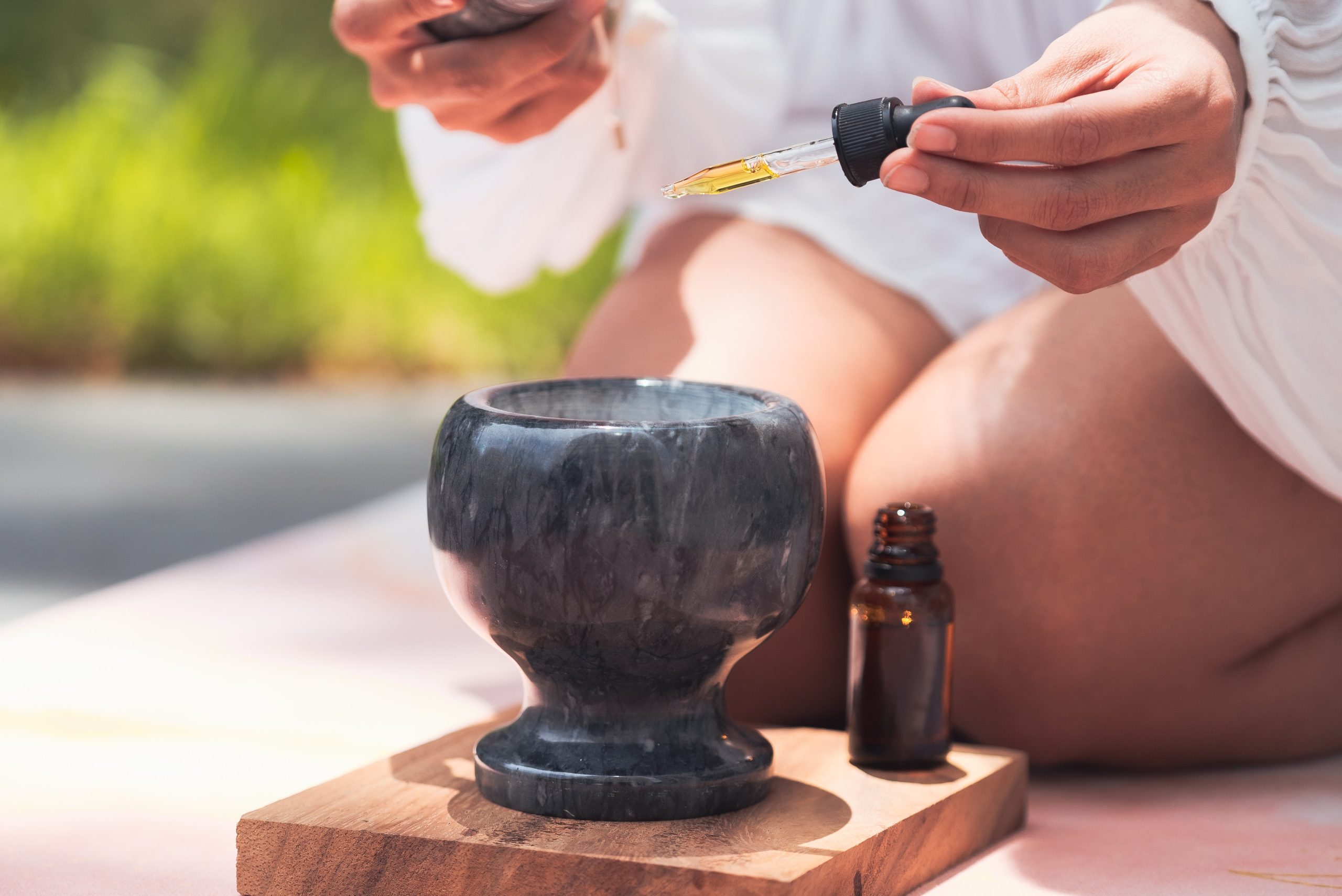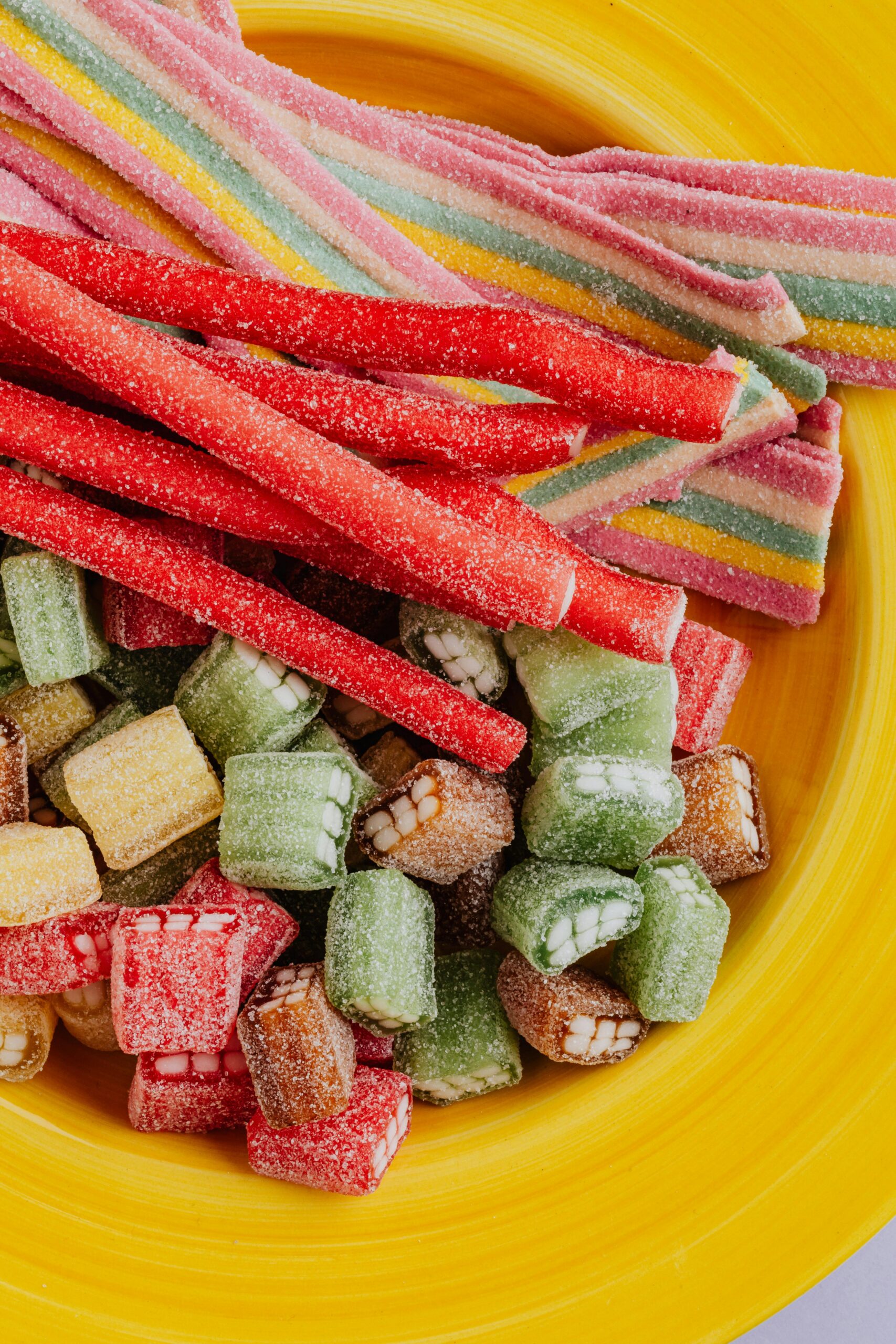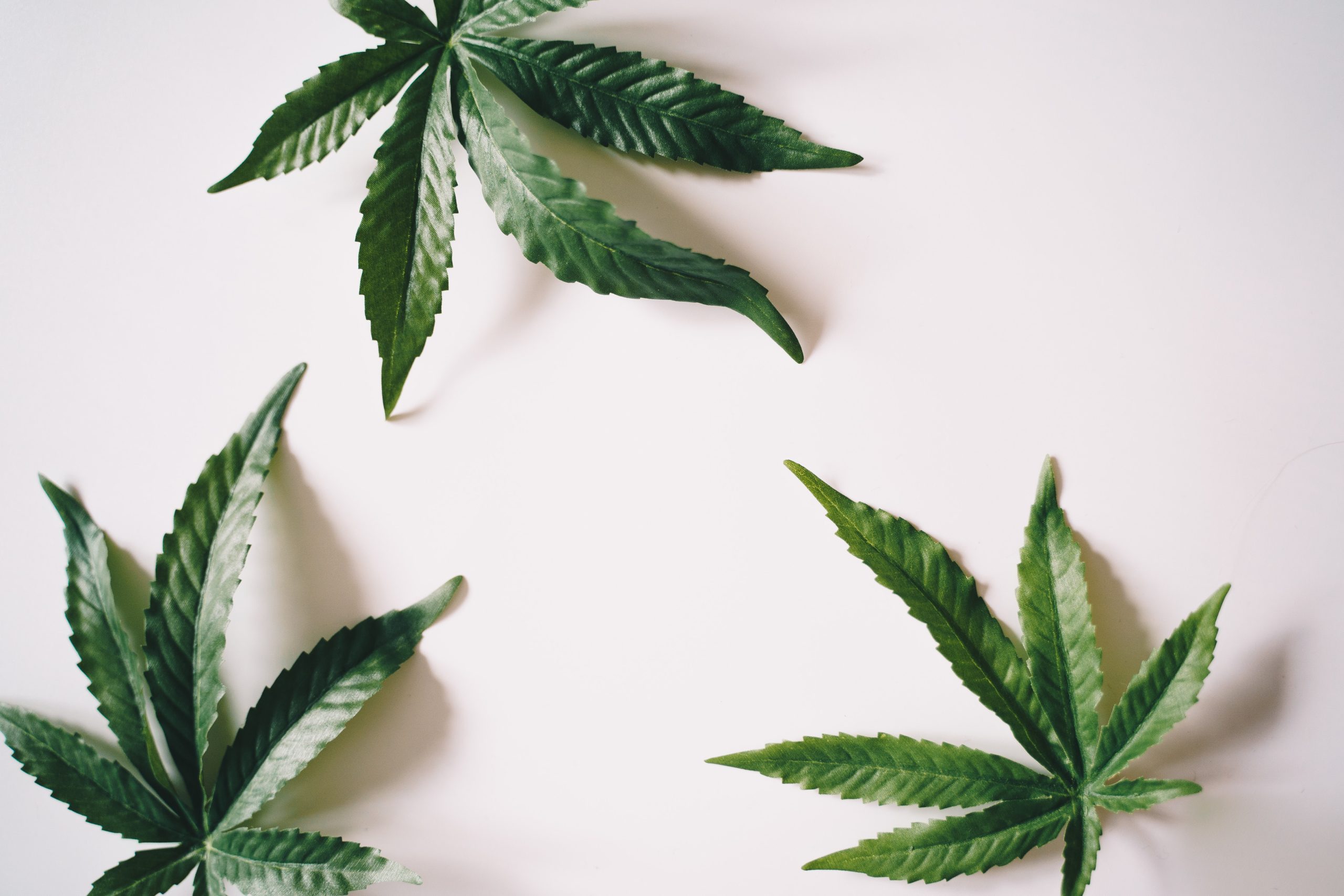Your cart is currently empty!
January 12th, 2023

Maybe you’ve heard that THCA is the hottest hemp derivative on the market right now. This unique cannabinoid is a gamechanger, especially among delta 9 THC enthusiasts looking for a legal way to enjoy THC’s many enchanting effects. Being such a new addition to the market, we expect that a lot of people aren’t quite sure what makes THCA unique, and what to expect after taking it. Essentially, THCA and CBD are completely deserving of their stellar reputations. Each is accompanied by an impressive array of potential benefits, and they can both help us feel more blissful, at ease, and ready for the day ahead.
Still, as you’ll see, there some key ways in which they differ from one another, so you simply have to choose carefully. And, because of that, we are going to compare THCA to CBD, as there might be comparisons that could surprise you a little.
The reason why we can compare THCA to CBD is due to them belonging to the hemp plant. Because they’re both cannabinoids, they ultimately serve the same role to the human body, which is to feed the endocannabinoid system (ECS). The endocannabinoid system is the body’s regulatory control panel, so to speak, which regulates processes that play a role in our health. Cannabinoid receptors exist in every system of the body, and these receptors receive cannabinoids like CBD and THCA to produce regulatory responses that affect things like inflammation, mood, cognition, digestive health, and more.
Ultimately, CBD and THCA affect our ECS in unique ways – after all, they’re two different cannabinoids. But, at the end of the day, they both create positive responses in the body to bring us a sense of equilibrium.
CBD is the dominant compound in hemp. In other words, the amount of CBD in the hemp plant far exceeds the amount of any other compound. Cannabidiol is also a cannabinoid that we’ve known about for decades, first discovered in the 1940s, and studied extensively ever since. This is great for us, since it means that we’ve a lot of clinical research to reference when covering what kinds of positive effects it can provide to us.
Hemp naturally yields between 10%-25% CBD, give or take, and that’s far more than any cannabinoid, including THCA. CBD is also completely nontoxic, and a great choice for someone who wants to benefit from hemp, without getting high.
One thing that most hemp enthusiasts are well aware of is that CBD is nonintoxicating. In other words, this is one cannabis compound that won’t get you high, no matter how much you take. That’s because unlike THC, CBD has no psychoactive effects whatsoever. It simply doesn’t interact with the brain’s CB1 receptors in the same way as THC, and so it won’t have any mind-altering effects of that nature.
CBD may not be intoxicating, but it’s one of the most widely used components of cannabis around the world. Why? Because its potential benefits are numerous. Taking CBD daily can offer a number of positive changes in the way in which a person feels each day. Among those are:
CBD is a fully legal cannabinoid when derived from the hemp plant, according to the 2018 United States Farm Bill. This piece of legislation allows for cannabidiol to be a federally legal plant compound – can be sold in any concentration or product form, as long as a CBD product contains a maximum of 0.3% delta 9 THC by dry weight. None of the 50 states have chosen to ban CBD in response to its federal legalization, so basically then, you can legally buy and enjoy CBD-based products anywhere.
THCA is quite unique from CBD in a number of ways. Yes, tetrahydrocannabinolic acid exists in the same flowering buds of the hemp plant as cannabidiol, but ultimately, its chemical structure makes it quite unique from its cannabinoid cousin. THCA is actually the raw form of delta 9 THC, found naturally in hemp.
All cannabinoids have a raw, acidic precursor form, before the plant is decarboxylated – primarily, a process of applying controlled heat to the raw flower material. In fact, cannabis users decarboxylate raw cannabinoids all the time. Raw flower contains not tetrahydrocannabinol (THC), but THCA – similarly, the flower buds contain cannabidiolic acid (CBDA), not CBD – and only after heat is applied do these raw precursor compounds change their chemical structures and become the compounds we’re more familiar with.
One thing worth noting is that no raw cannabinoid is intoxicating. Only after the compound has been decarboxylated can it get you high. This is the reason why popping a raw cannabis flower bud into your mouth won’t produce psychoactive effects, but instead, lighting it will.
That being said, THCA was discovered in 1965, and like CBD, it’s actually been studied to help scientists discover its potential benefits. Of course, delta 9 THC has also been studied extensively, so we know quite a great deal about both cannabinoids.
THCA won’t get you high, but delta 9 THC will. And, now you know that simply heating THCA will make the product intoxicating, as you’re no longer consuming THCA, but THC. Now, here’s where things get tricky: Some products are meant to keep the THCA raw, like gummies and tinctures, which are not heated. These products provide you with the distinctive potential benefits of tetrahydrocannabinolic acid.
However, these products that are meant to be heated, like flower, dabs, and vapes, are actually giving you THC, since the THCA is getting decarboxylated when you use the products. Plus, these products are giving you the same exact delta 9 THC that we get from marijuana.
Let’s look at these products more closely:
In its raw form, THCA has unique potential benefits that differ from those of delta 9 THC based on the mechanisms involved in facilitating them. Tetrahydrocannabinolic acid does not attach to cannabinoid receptors in the way that post-decarboxylated cannabinoids do. But, these raw cannabinoids do produce positive effects nonetheless, by interacting with other receptors in the body that regulate our bodily processes. Left raw, THCA can:
Of course, if you’re using, say, THCA flower, what you’re actually benefiting from is the delta 9 THC. And, besides delta 9’s well-known high, it can also:
Now, here’s where things get trickier. Tetrahydrocannabinolic acid, like CBD, is protected federally, under the Farm Bill. But, a handful of states have actually banned products with more than 0.3% of what they refer to as “total THC,” which means the combined total of THC compounds present in the product, including THCA. This means that THCA-infused products that offer a meaningful amount (more than a trace) of the cannabinoid are banned in:
Note: THCA is legal only if it comes from hemp, as marijuana remains illegal both federally and in the state of North Carolina. The state of North Carolina prohibits marijuana both for recreational and medical use, so THCA flower is the closest thing that residents can get to marijuana, for now.
Awesome news folks, you can enjoy both of these cannabinoids together, and with others. All cannabinoids “play nicely” together since they all exist next to one another in nature. CBD is great for mellowing out the high of delta 9 THC, and delta 9, of course, helps enhance CBD’s more calming side, while adding a psychoactive component to your experience. Overall, people are encouraged to mix and match cannabinoids to fine tune their experience, whatever type of effects they may be looking for.
Good question. First off, CBD doesn’t cause any kind of risk of failing a drug test. No standard drug tests are looking for CBD, and because it’s not psychoactive, employers generally don’t care whether or not someone is using it.
But, standard urine tests can pick up THCA, both before and after decarboxylation. All THC cannabinoids, including THCA, are metabolized into THC-COOH – an enzyme that remains in the urine for some time after the cannabinoid was taken. So, if you have a test coming up, avoid THCA altogether.
Generally, if you’re going to take any cannabinoid with medication, please speak to your doctor beforehand. These two cannabinoids both affect CYP3A4, an enzyme that breaks down many common medications. Because THCA and CBD are metabolized by CYP3A4, this enzyme can get “bound up” and fail to metabolize certain drugs, which can be dangerous if they accumulate in the body.
Ultimately, CBD and THCA are two different cannabinoids from the same plant, with their own effects and main purposes for taking them. And, as you can see, with the latter cannabinoid, it’s all about the product type you’re taking it in, as with products like edibles, you’re benefiting from raw THCA without getting high, and with, say, THCA flower, you’re actually just enjoying a legal way to get in a substantial amount of THC. There is no reason then, why you shouldn’t consider giving both cannabinoids a try, as each can find a valuable place in your hemp routine.
Keep in mind, too, that cannabidiol and tetrahydrocannabinolic acid are nontoxic to the human body, so you’re free to experiment with them both however much you want.
In order to get the finest CBD or THCA experience possible, going with a trusted source like GreenLife. Here, we have got lots of THCA products and CBD products to meet your everyday hemp needs, including flower, gummies, vapes, tinctures, and a whole lot more! Go visit our Charlotte dispensary today!




How would you like to shop?